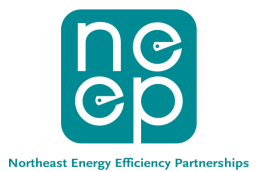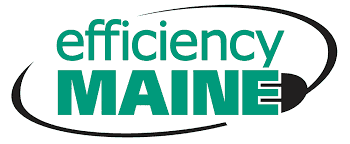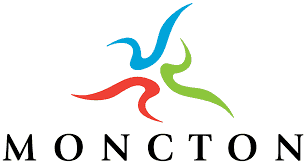Buildings offer large-scale opportunities to achieve energy and carbon goals, by improving energy efficiency, managing peak demand, switching to electricity and other low-carbon energy sources or carriers.
At Dunsky, we help our clients to understand – and effectively exploit – the breadth of these demand-side energy resources (DERs) across residential, commercial and institutional buildings, as well as the full array of both light and heavy industry.
We notably assess the costs, savings, cost-effectiveness, and market opportunity for hundreds of technical and behavioural options across every sector and market segment; we design market, program, and regulatory strategies that accelerate real-world adoption; and we evaluate the effectiveness of strategies designed to that end.
In all cases, we bring a unique combination of deep technical expertise, market and regulatory knowledge, solid analytics (including sophisticated models), and years of experience to the task.






















